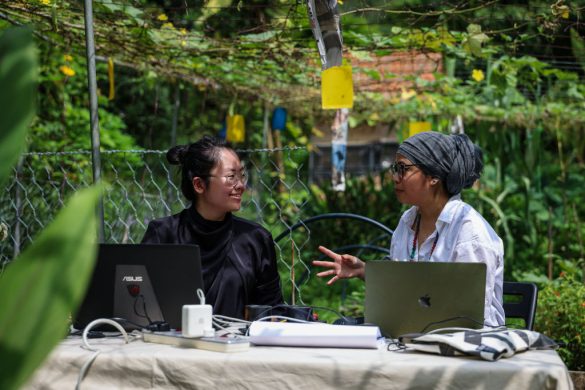In an annual battle in Congress, the Senate voted Tuesday to lift restrictions on U.S. family planning aid to health centers abroad that promote or perform abortions.
Despite the 52-46 vote, supporters of lifting the restrictions will have a tough time changing the law.The House (Repræsentanternes Hus) has consistently voted to maintain the restrictions. President Bush has in previous years threatened to veto such bills.
The vote came as an amendment to a bill authorizing 34 billion US dollar in spending on 2006 foreign aid and State Department operations. The figure generally reflects Bushs spending request and is about a 13 percent increase over current spending.
Much of that increase is for fighting AIDS worldwide and for the Millennium Challenge program, which ties U.S. assistance to countries efforts to build democracy and develop free-market economies.
– This bill represents a generous attempt to raise the profile and effectiveness of United States diplomacy, said Republican Senator from Indiana, Richard Lugar, chairman of the Foreign Relations Committee.
Among the issues the Senate will consider as part of the bill are whether the U.S. share of U.N. peacekeeping missions should be capped at 27 percent or 25 percent of overall costs, and whether to exempt Ukraine from the Jackson-Vanik restrictions that tie U.S. trade with the former Soviet states to emigration rights and democratic advances.
Prospects for the overall bill becoming law are unclear. No foreign aid authorization bill has been passed since 1985, according to Senate staff. The actual funding for foreign aid comes from separate appropriations bills.
A key reason authorization bills have not been approved has been the dispute over family planning assistance. Republican administrations have barred U.S. money from international groups that support abortion, even with their own money, through services, counseling or lobbying.
The Senate vote on the family assistance fell largely along party lines, with eight Republicans joining minority Democrats supporting the changes.
Democratic Sen. Barbara Boxer of California said the restrictions deny health centers overseas the right to use their own money to provide health care options for women.
– It is very important to make sure that women around the world are given the health care they deserve, Boxer said.
Kilde: The Push Journal















